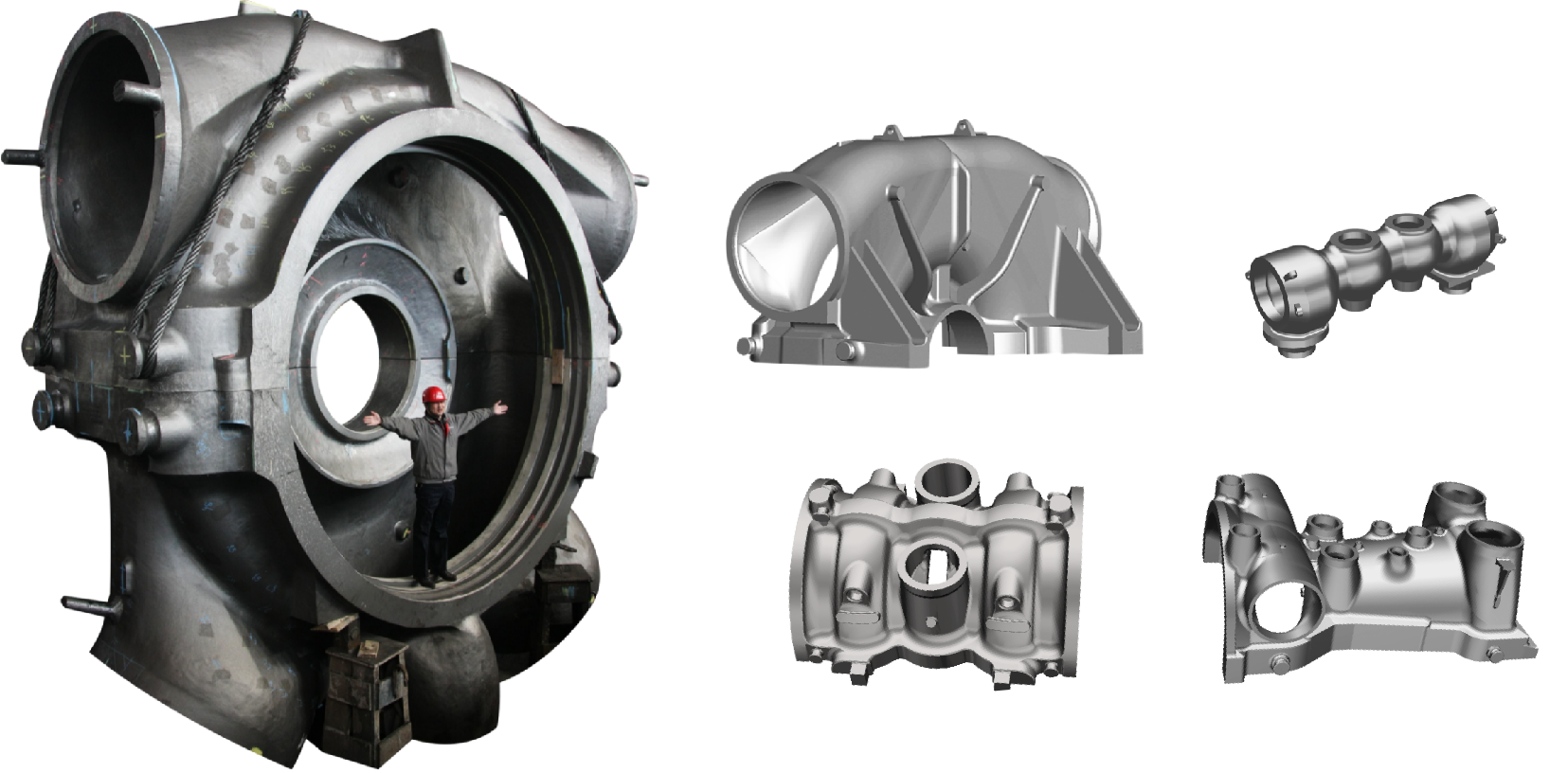Хатогии формати почтаи электронӣ
emailCannotEmpty
emailDoesExist
pwdLetterLimtTip
inconsistentPwd
pwdLetterLimtTip
inconsistentPwd

Ахбор
Precautions during Processing of Precision Machine Parts
Many parts have their shortcomings. For example, some parts fail to meet the requirements in appearance, and some parts have certain limitations in the scope of application. At this time, the advantages of precision machinery parts processing are fully presented:
Precision machining can not only effectively improve the quality of materials, the accuracy of parts, and give full play to their functions, but also greatly improve the durability of parts and improve the quality of the whole machine. Precision machine parts processing is also good for improving the dimensional accuracy of parts, so the most direct effect is to make parts interchangeable, and then increase the wear resistance and service life of parts.

There are many precise procedures in machining; Therefore, there are many problems that need our attention in handling, but the main points that need our operators' attention are three. Let's tell you:
- To ensure machining accuracy, rough and finish machining should be carried out separately:
Because during rough machining, the cutting amount is large, the cutting force and clamping force of the workpiece are large, the calorific value is high, and there is a significant work hardening phenomenon on the machined surface. There is large internal stress in the workpiece. If the rough machining is carried out continuously, the precision of the parts after finishing will be lost quickly because of the redistribution of stress. For some parts that require high machining accuracy. After rough machining and before finishing machining, low-temperature annealing or aging treatment procedures should also be arranged to eliminate internal stress.
- Reasonable selection of equipment:
Rough machining is mainly to cut off most of the machining allowance and does not require high machining accuracy. Therefore, rough machining should be carried out on machine tools with high power and low accuracy, while the finishing process requires high-precision machine tools. Rough and finish machining are processed on different machine tools, which can not only give full play to the equipment capacity but also extend the service life of precision machine tools.
- In the machining process route, the heat treatment process is often arranged:
The location of the heat treatment process is arranged as follows: to improve the cutting performance of metal, such as annealing, normalizing, quenching, and tempering, it is generally arranged before machining. To eliminate internal stress, such as aging treatment, quenching, and tempering treatment, it is generally arranged after rough machining and before finishing machining. To improve the mechanical properties of parts, such as carburization, quenching, tempering, etc., it is generally arranged after machining. If there is large deformation after heat treatment, the final processing procedure must be arranged.
Safety precautions during the processing of precision machine parts:
- Easy to operate, reduce walking back and forth, and avoid unnecessary bending and tiptoe movements.
- The positioning is accurate and reliable to prevent maloperation caused by a slight vibration.
- The moving direction of the operating parts of the machine tool equipment and the moving direction of the operated parts shall comply with the regulations and shall be marked with simple symbols.
- The structure and arrangement position of the handle, hand wheel, and button shall comply with the regulations. The start button shall be installed in the casing or equipped with a retaining ring to prevent accidental touch. The handwheel and handle installed on the shaft rod will rotate with the shaft to hurt people during automatic feeding, so an automatic disengagement device should be installed.

